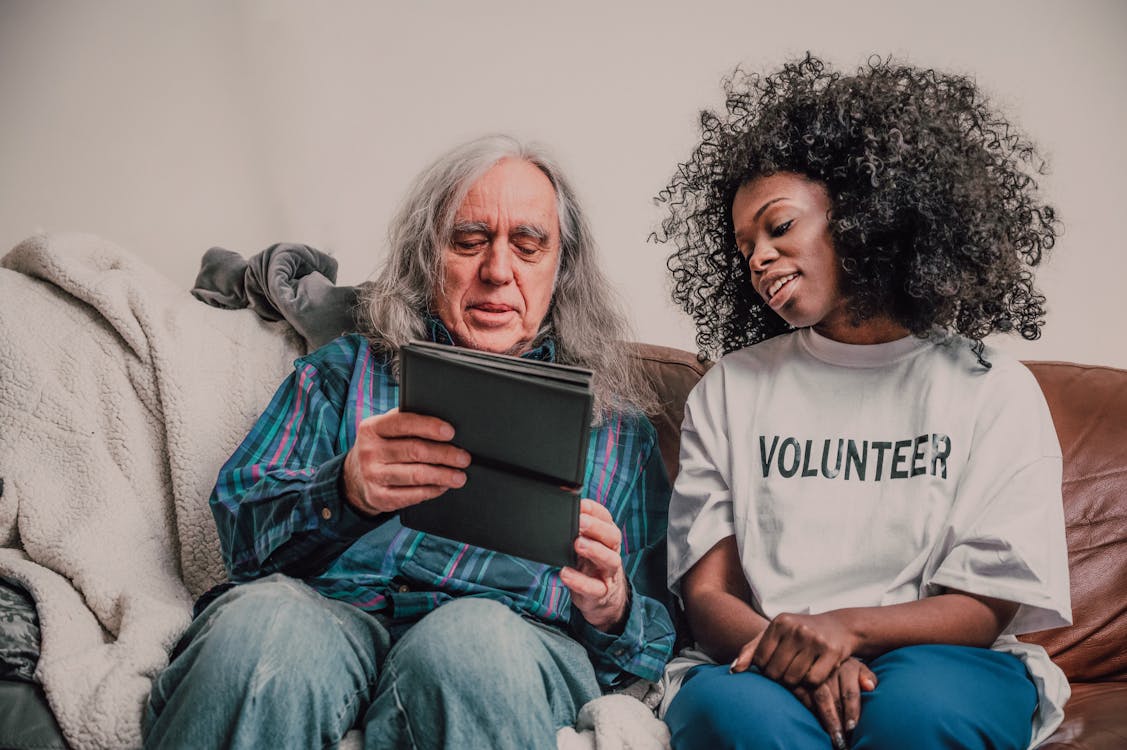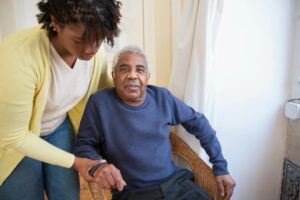The Impact of Technology on Modern Home Care Services
As the population ages and the demand for quality care at home increases, technology is playing an ever-more important role in supporting people to live independently, safely, and comfortably. At Avant Homecare, we understand that compassionate, personalised care remains at the heart of what we do – but we also recognise that embracing modern technology can significantly enhance the services we provide.
From smart devices to digital monitoring tools, technology is transforming the way home care is delivered, making it more efficient, responsive, and tailored to each individual’s needs.
Smarter Solutions for Safer Living
One of the greatest benefits of technology in home care is improved safety. Devices such as fall detectors, motion sensors, and door alarms can alert carers or family members the moment something unusual occurs. This means a faster response in emergencies, reducing the risk of injury or complications.
For individuals living with dementia or mobility issues, these tools can be life-changing. A simple motion sensor can detect whether someone has got out of bed or left the house unexpectedly, while door sensors can help prevent accidents during the night or times when supervision may be limited.
Supporting Independent Living
Technology is not just about safety – it also supports greater independence. Many people receiving care at home still wish to manage as much of their daily routine as possible, and smart home devices make that easier.
Voice-activated assistants like Amazon Alexa or Google Home can help with reminders, control lighting and heating, or even make hands-free phone calls. This can be particularly helpful for people with reduced mobility or sight loss, making everyday tasks more manageable without constant carer intervention.
Automated lighting, smart kettles, and easy-to-use pill dispensers also offer practical support in daily living, allowing individuals to stay in control of their environment and routine.
Personalised and Proactive Care
At Avant Homecare, we see technology as a powerful tool for tailoring support to the individual. Health-monitoring wearables and smart watches can track vital signs like heart rate, sleep patterns, and activity levels. These insights help carers and healthcare professionals spot changes early, so they can adjust care plans quickly and prevent small issues from becoming larger problems.
AI-driven platforms are also being used to identify behavioural changes or early signs of cognitive decline, enabling more timely and targeted interventions.
Supporting Families and Carers
Technology also supports those providing care – both professionals and family members. Digital care records, shared calendars, and communication apps help everyone stay connected and informed, ensuring a consistent approach to care.
Remote monitoring tools give peace of mind to family members who may not live nearby, allowing them to stay involved and reassured about their loved one’s wellbeing.
The Future of Home Care
At Avant Homecare, we’re proud to combine compassionate, human-centred care with modern innovations that truly make a difference in people’s lives. We believe that the future of home care lies in a balanced approach – one that respects the importance of personal connection while harnessing the power of technology to deliver smarter, safer, and more personalised support.
By embracing the latest advancements in digital health tools, remote monitoring, and smart home devices, we’re able to improve not only the efficiency of our services but also the overall experience for those we care for. From enhancing safety and comfort to promoting greater independence and peace of mind, our technology-enabled care solutions are designed to meet the evolving needs of individuals and families alike.
To find out how our forward-thinking care services can support you or a loved one, please don’t hesitate to get in touch with Avant Homecare. We’re here to help you navigate the future of care – with compassion, innovation, and a personal touch.



